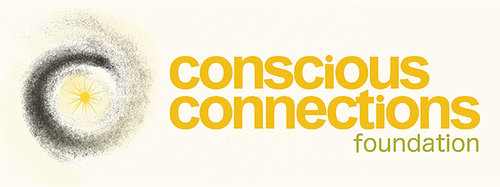CCF’s Foundational
Principles, Criteria & Methodology
CCF believes that when women and girls thrive, the world is better off. We support women and girls in Nepal becoming key participants in healthy societies by...
Partnering with trusted Nepalis to identify the most pressing issues in their community and generate collaborate ways of addressing them.
Distributing funds to accomplish these objectives through proposals that adhere to CCF's guiding principles and the criteria created to reflect them.
Linking communities and individuals across North America with the rich life of Nepal through fundraising and education.
GUIDING PRINCIPLES
The motivating ideology behind CCF’s work is:
A healthy society is one in which girls and women thrive.
Female education has been called “the silver bullet” for empowerment and progress. It reduces family size, poverty, and child deaths while it increases wages, prospects, and political voice. Girls’ education is the sixth most powerful solution to reversing climate change. By focusing its grant making on activities that promote women and girls’ opportunities, CCF influences the individuals, the family, the community, the country, and the world writ large.
Working in ongoing relationships under Nepali leadership stimulates mutual respect, ownership, learning, trust, and long-term commitment for further benefit.
CCF’s work with Nepalis in long-held mutual partnerships is the backbone behind its success. Listening to and growing with our partners enables both to learn and evolve to meet new opportunities.
Leveraging small, targeted grants facilitates significant impact.
As a foundation based in North America, CCF provides the funding in its partnerships with Nepalis who bring the ideas, process, and wherewithal. Working extremely closely on identifiable projects, together we are able to positively affect the girls and women, community dynamics, institutions, and relationships.
Taking a long-term perspective creates lasting effect and enduring competence.
Through its ongoing local relationships, CCF can seize short-term opportunities to increase the potential for long lasting gains. This can minimize negative consequences and optimize the bang for the buck as well as invest in community and individuals for future gains.
Being transparent with both partners and donors models good relationship.
CCF takes its responsibility in maintaining excellent relationships very seriously. As such, we make our program details and all financial exchanges explicit to our Nepali partners and to our donors, such that everyone can track our projects and where the money goes. Transparency is key to well-functioning communities and to the world.
Engaging North Americans increases cross-cultural understanding.
By fully involving those living in the Global North with our activities, CCF increases awareness and understanding between cultures. Introducing North Americans to our Nepali relationships brings intimacy of contact and exposes different conditions, lifestyles, and customs, which are critical to our global future.
HOW OUR ACTIVITIES REFLECT OUR GUIDING PRINCIPLES
To be clear that the proposals CCF funds mirror CCF’s foundational values, we make the intuitive visible by using criteria for our decision-making. As such, we have something against which to measure the viability/value of each grant proposal so that it reflects our principles, who we are, what we do, and how we do it. With each proposal, we use these criteria to ascertain
Whether the proposal fits with CCF’s structural foundation
What could be adjusted to make it fit
What further information we need
PROPOSAL CRITERIA:
Does it increase the ability of women and girls to thrive as key participants in a healthy society?
Is it Nepali-led by a person/group we trust?
Is it a collaborative effort between CCF and the community being served? What is each of our contribution?
Does it invest in and empower the local community?
In 20 years, will this have proven to be a good idea?
BONUS CRITERIA:
Does it create interconnections (both within Nepal and between North Americans and Nepalis) and lay the foundation for more opportunities down the line?
Is it adaptive and emergent (both before, during, and after)? Is it listening for and responsive to what wants to happen?
Does it reflect a commitment to the communities where we work, enhancing their potential?


